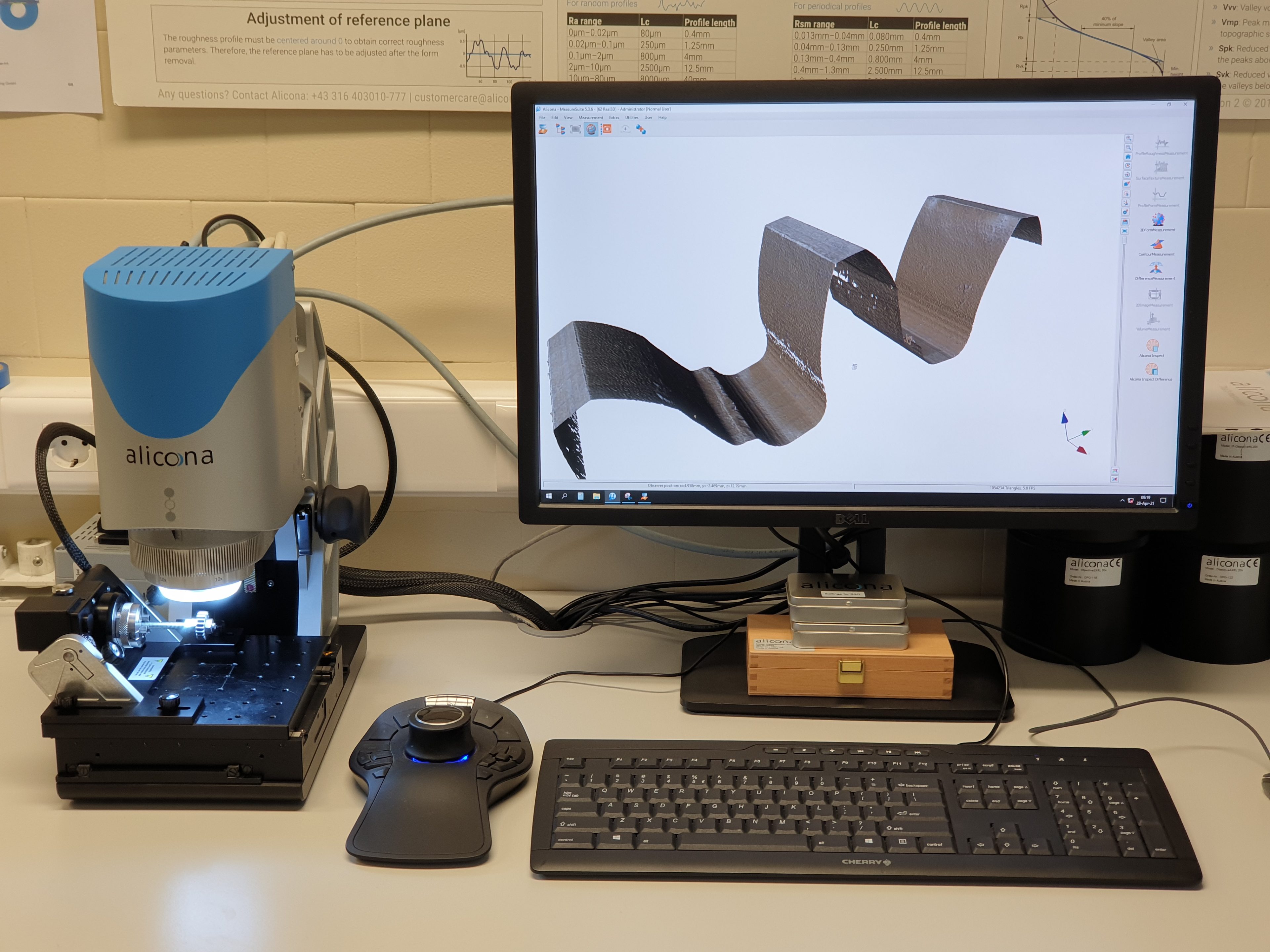Introduction
The aim of the Erasmus action is to improve the quality of higher education in Europe and reinforce its European dimensions. This goal is to be achieved by supporting international projects of cooperation between higher education institutions, by motivating the mobility of students and professors and by contributing to better transparency of academic qualification and course recognition in the European Union.
In order to facilitate close international cooperation, the Faculty of Mechanical Engineering endeavours to offer incoming international Erasmus+ students the opportunity to receive effective, high-quality education in the world’s lingua franca: English.
2nd-cycle (MASTER) Erasmus+ students may choose from a range of 36 courses (18 courses per semester) conducted entirely in English, including lectures, practical classes/seminars and exams.
Other International students will attend lectures and practical classes with domestic students, allowing students to interact more closely and exchange experiences in the course of their studies.
The list of English-language courses with the description of each subject the Faculty of Mechanical Engineering, University of Ljubljana offers to Erasmus+ students may be viewed below.
Each subject brings 5 ECTS.
SUBJECTS FOR ERASMUS+ STUDENTS
Contact:
Assoc. Prof. Davorin Kramar
e-mail: davorin.kramar@fs.uni-lj.si
